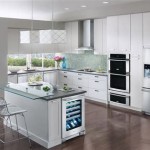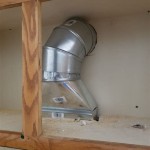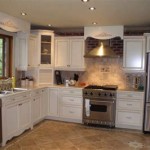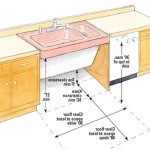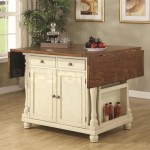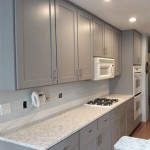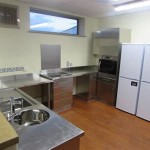Standard Widths for Kitchen Countertops
Kitchen countertops are a key part of any kitchen design, and their width can have a significant impact on the functionality and aesthetics of the space. The standard width of kitchen countertops varies depending on the layout of the kitchen, the type of countertop material, and the personal preferences of the homeowner. Here's a guide to the essential aspects of standard countertop widths.
Base Cabinet Depth
The standard depth of base cabinets in most kitchens is 24 inches. This depth provides ample space for storage and accommodates standard-sized appliances. The countertop overhangs the cabinets by 1-2 inches, resulting in a countertop width of 25-26 inches.
Countertop Material
The type of countertop material used can also influence the countertop width. Laminate countertops, for example, are typically available in standard widths of 25 or 30 inches. Solid surface countertops, such as quartz or granite, are more flexible and can be cut to custom widths.
Kitchen Layout
The layout of the kitchen can affect the standard countertop width. In galley kitchens, where the countertops are parallel to each other, a narrower countertop width of 24 inches may be more suitable to allow for comfortable movement between the two sides.
Overhang
The countertop overhang refers to the amount of countertop that extends beyond the base cabinets. A standard overhang of 1-2 inches is recommended for most kitchens, as it provides additional workspace and helps protect the cabinets from spills and water damage.
Double-Bowl Sinks
If you plan on installing a double-bowl sink, the standard countertop width should be increased by 3-4 inches to accommodate the extra sink basin. This ensures that there is sufficient space around the sink for food preparation and cleanup activities.
Island Countertops
Island countertops typically require a wider width to provide ample seating and workspace. A standard width for island countertops is 36-42 inches, allowing for comfortable seating and accommodating barstools or chairs.
Additional Considerations
In addition to the standard widths mentioned above, there are a few other factors to consider when determining the optimal countertop width for your kitchen. These include:
- Personal preferences: Ultimately, the best countertop width for your kitchen is the one that meets your specific needs and preferences.
- Kitchen size: Large kitchens can accommodate wider countertops, while small kitchens may benefit from narrower countertops to optimize space.
- Appliance placement: Consider the placement of appliances, such as the stove and refrigerator, to ensure that there is sufficient counter space on either side.
By considering the essential aspects outlined in this guide, you can choose the standard countertop width that best suits your kitchen's layout, material choice, and personal preferences. This will help create a functional and aesthetically pleasing kitchen that meets your daily cooking and entertaining needs.

What Is The Standard Width Of A Kitchen Countertop Hunker Island Dimensions Outdoor Countertops

Standard Kitchen Counter Depth Ehow Cabinet Dimensions Countertops

Tips On Measuring Your Kitchen Countertops For An Accurate Quote

A Homeowner S Guide To Kitchen Counter Height And Depth

What Is The Standard Width Of A Kitchen Countertop Hunker Island Countertops

What Is The Standard Depth Of Countertops Lx Hausys

3 Types Of Kitchen Cabinets Sizes Dimensions Guide Guilin

What Are The Perfect Kitchen Dimensions Amp Standard Size

What Is The Standard Depth Of Kitchen Countertops

Countertop Design Comfortable Working Heights Widths Remodeling Tips Dreammaker Bath Kitchen
Related Posts

